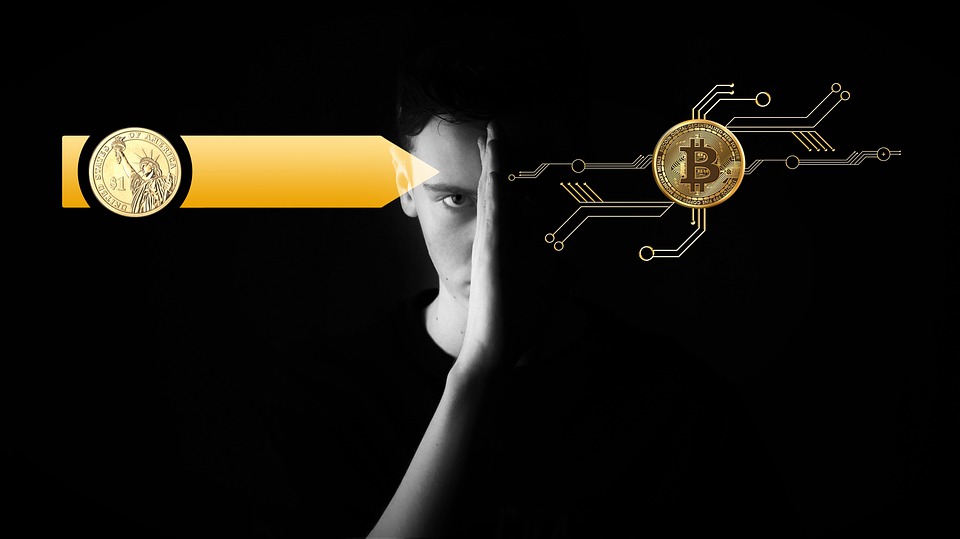Innovations and Use Cases: Revolutionizing Industries and Improving Lives
Innovation is the driving force behind technological advancements, and its impact on various industries and aspects of life cannot be overstated. From artificial intelligence (AI) and machine learning (ML) to blockchain and the Internet of Things (IoT), innovations are transforming the way we live, work, and interact with each other. In this article, we will explore some of the latest innovations and their use cases, showcasing their potential to revolutionize industries and improve lives.
1. Artificial Intelligence (AI) and Machine Learning (ML)
AI and ML are transforming the way businesses operate, making them more efficient, accurate, and personalized. Use cases include:
- Customer Service: AI-powered chatbots are revolutionizing customer service, providing 24/7 support and helping companies reduce response times.
- Predictive Maintenance: ML algorithms analyze sensor data to predict equipment failures, allowing for proactive maintenance and reducing downtime.
- Healthcare: AI-assisted diagnosis tools are improving diagnosis accuracy and enabling personalized treatment plans.
2. Blockchain Technology
Blockchain’s decentralized and secure nature is finding applications in various industries, including:
- Supply Chain Management: Blockchain-based platforms track products from origin to end-use, ensuring transparency and authenticity.
- Digital Identity: Blockchain-based identity solutions enable secure and private identity management, protecting personal data.
- Digital Payments: Blockchain-based payment systems streamline transactions, reducing costs and increasing speed.
3. Internet of Things (IoT)
IoT devices and sensors are connecting the physical and digital worlds, enabling:
- Smart Cities: IoT sensors monitor and optimize urban infrastructure, improving traffic flow and resource allocation.
- Industrial Automation: IoT devices automate industrial processes, increasing efficiency and reducing energy consumption.
- Healthcare Monitoring: Wearable devices and sensors monitor patients’ vital signs, enabling early detection of health issues.
4. Virtual and Augmented Reality (VR/AR)
VR/AR technologies are enhancing entertainment, education, and professional training, with use cases including:
- Gaming: Immersive VR experiences revolutionize the gaming industry, offering players new levels of engagement.
- Education: AR-based learning tools enhance understanding and retention, making complex subjects more accessible.
- Training: VR-based simulations improve training outcomes, reducing costs and increasing employee confidence.
5. Quantum Computing
Quantum computing is poised to revolutionize industries, offering:
- Faster Algorithm Development: Quantum computers can solve complex algorithm problems faster, enabling breakthroughs in fields like medicine and finance.
- Cryptanalysis: Quantum computers can efficiently factor large numbers, potentially breaking current encryption standards.
- Materials Science: Quantum simulations accelerate the discovery of new materials, potentially leading to breakthroughs in energy and manufacturing.
In conclusion, these innovations and use cases demonstrate the vast potential of technology to transform industries and improve lives. As these innovations continue to evolve, it is essential to consider their societal and ethical implications, ensuring that their benefits are shared by all.
